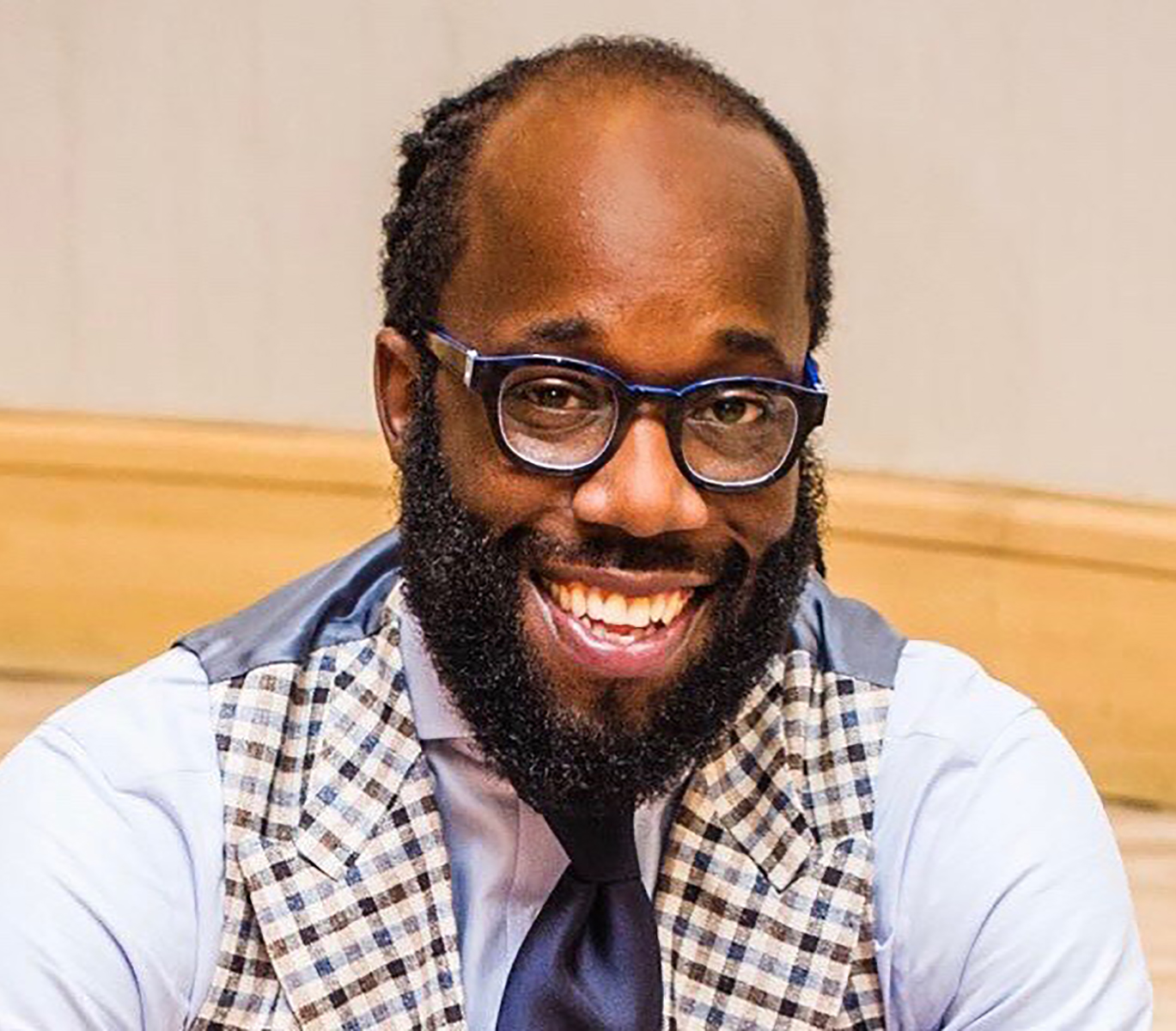Q&A with the Author
- Congratulations on your new book, Helping Your Child Overcome Reading Challenges! You are a retired professor of education, a former early childhood educator, and now a practicing psychotherapist. How has your expansive career shaped your approach to supporting children’s literacy? Can you talk a little bit about your holistic perspective?
- One important topic you discuss in the book is how parents and educators can increase a child’s intrinsic motivation to read. Can you explain the difference between extrinsic and intrinsic motivation, and share a tip for parents?
- In the book, you explain that the most common cause of reading difficulty is auditory processing weakness. Can you explain what that is, and share an idea for strengthening a child’s auditory processing skills?
- Lastly, we would love to learn a little bit more about you! When you are not working, what do you do for fun? Now that your book is out, is there a project that you are excited to work on next (a presentation, a workshop, writing another book, etc.)?
Congratulations on your new book, Helping Your Child Overcome Reading Challenges! You are a retired professor of education, a former early childhood educator, and now a practicing psychotherapist. How has your expansive career shaped your approach to supporting children’s literacy? Can you talk a little bit about your holistic perspective?
Yes, thank you for asking. I have always really enjoyed children and teaching, and have been involved in the field of education for close to 5 decades. Over the years I have increasingly realized that, while reading is primarily a cognitive brain activity, a child’s brain cognition is hugely affected by their physiology (nutrition, sleep, and exercise) and emotion (how they handle stress, anxiety, anger, grief, shame, etc). In short, in order to optimize a child’s reading ability, parents and teachers need to attend to all aspects of the reading process, as well as to their child’s nutrition, sleep, exercise, and emotional needs. Helping Your Child Overcome Reading Challenges is a tool that parents can use to help them understand, assess, and learn how to strengthen all of these areas that affect their child’s reading.
One important topic you discuss in the book is how parents and educators can increase a child’s intrinsic motivation to read. Can you explain the difference between extrinsic and intrinsic motivation, and share a tip for parents?
Sure! Educators and psychologists acknowledge that there are two kinds of motivation: extrinsic and intrinsic. Extrinsic motivation occurs when a task is completed to get some kind of external reward, such as a sticker, a treat, or money. Intrinsic motivation occurs when a task is completed because the person experiences great joy or satisfaction in engaging in the task. Helping children become intrinsically motivated readers is the optimal goal of reading educators; however, both educators and parents may need to use extrinsic rewards to gradually help children’s behavior move in the direction of intrinsic motivation. The best way to improve a child’s intrinsic motivation to read is to provide them with reading material that is easy for them to read (i.e. reading material with which they can easily be successful). Along with many other tips, Helping Your Child Overcome Reading Challenges teaches parents how to do this.
In the book, you explain that the most common cause of reading difficulty is auditory processing weakness. Can you explain what that is, and share an idea for strengthening a child’s auditory processing skills?
Of course. The term ‘auditory processing’ refers to the way in which sounds are processed in the brain, regardless of how well a child hears. Your child may have perfectly normal hearing but still have difficulty with auditory processing. An example of an auditory processing difficulty is listening to a song but being unable to accurately hear the lyrics. In this example, the person doesn’t have any difficulty hearing the song but does have difficulty with auditory processing.
Strong auditory processing skills are extremely important for reading because an essential part of reading is learning to match print and sounds. If a child is having difficulty hearing isolated sounds within words, their ability to match print with those sounds will be adversely affected. In Helping Your Child Overcome Reading Challenges, I teach parents how they can determine if their child is having difficulty with auditory processing and, if so, what to do about it. All activities for strengthening auditory processing are solely listening activities; no print is involved. One example of an auditory processing activity is to say a sentence and ask your child how many words they hear in the sentence. Another activity is to say a word and ask your child to name the first sound (not letter) that they hear. Many more activities for strengthening auditory processing skills are explained in the book.
Lastly, we would love to learn a little bit more about you! When you are not working, what do you do for fun? Now that your book is out, is there a project that you are excited to work on next (a presentation, a workshop, writing another book, etc.)?
Thanks so much for asking! It’s really thrilling for me to have this book coming out as it is a compilation of all I have learned as a reading educator, psychotherapist, and student of wellness throughout my life. Now that it is done, I am looking forward to helping to market the book so that it can get to as wide of an audience as possible. I am also making plans with Guilford Press to write the fourth edition of my first book, Lenses on Reading: An Introduction to Theories and Models, which is written for literacy educators. For fun, I love walking around New York City and doing yoga. I also greatly enjoy spending time with those I love, especially my four young grandsons.
See all titles by and read more about Diane H. Tracey on her author page!













